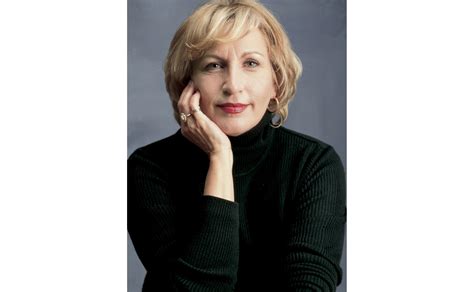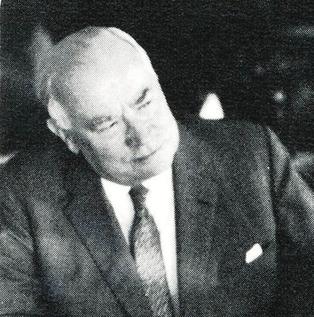A Quote by Elizabeth Chandler
Fix yourself something to drink," she said. "I don't have any Mr. Pepper." "You mean Dr. Pepper?" "For the love of God!" She exploded. "People expect everything from a psychic! 'Doctor,' 'mister,' I was close enough. I didn't call it 'Mrs. Salt,' did I?
Related Quotes
The doctor's wife wasn't a bad woman. She was sufficiently convinced of her own importance to believe that God actually did watch everything she did and listen to everything she said, and she was too taken up with rooting out the pride she was prone to feeling in her own holiness to notice any other failings she might have had. She was a do-gooder, which means that all the ill she did, she did without realizing it.
When I’m a Duchess,” she said to herself (not in a very hopeful tone though), “I won’t have any pepper in my kitchen at all. Soup does very well without. Maybe it’s always pepper that makes people hot-tempered,” she went on, very much pleased at having found out a new kind of rule, “and vinegar that makes them sour—and camomile that makes them bitter—and—and barley-sugar and such things that make children sweet-tempered. I only wish people knew that; then they wouldn’t be so stingy about it, you know—
People said things they didn't mean all the time. Everybody else in the world seemed able to factor it in. But not Lena. Why did she believe the things people said? Why did she cling to them so literally? Why did she think she knew people when she clearly didn't? Why did she imagine that the world didn't change, when it did? Maybe she didn't change. She believed what people said and she stayed the same." (Lena, 211)
The problem with my mother is that she didn't go to the doctor. And I think by the time she started to show symptoms that something might not be right, and finally went to the doctor, she was so close to her death that she couldn't get the care she had needed. Her big issue was not going to the doctor.
You guys take over while I go put on a shirt." Mrs. Kulavich had edged close enough to hear him. She beamed at him. "Don't bother on my account," she said. "Sadie!" Mr. Kulavich said in rebuke. "Oh, hush, George! I'm old, not dead!" "I'll remind you of that the next time I want to watch the Playboy Channel," he growled.
The way she told it, she was such a criminal even the most God-fearing church ladies got bored of reporting on her; she did the marketing on Sunday, dropped by any church she liked or none at all, was a feminist (which Mrs. Asher sometimes confused with communist), a Democrat (which Mrs. Lincoln pointed out practically had "demon" in the word itself), and, worst of all, a vegetarian (which ruled out any dinner invitations from Mrs. Snow).
Hillary Clinton said that her childhood dream was to be an Olympic athlete. But she was not athletic enough. She said she wanted to be an astronaut, but at the time they didn't take women. She said she wanted to go into medicine, but hospitals made her woozy. Should she be telling people this story? I mean she's basically saying she wants to be president because she can't do anything else.
In medieval times the habit arose of expressing a man's wealth, no longer in terms of the amount of land in his estate, but of the amount of pepper in his pantry. One way of saying that a man was poor was to say that he lacked pepper. The wealthy lacked pepper. The wealthy kept large stores of pepper in their houses, and let it be known that it was there: it was a guarantee of solvency.
Was she terrifyingly beautiful? Was she so ignorant she didn't deserve the truth? Was she also a liar and thus it was something they did together? I don't believe in psychology; which says everything you do is because of yourself. That is so untrue. We are social animals, and everything we do is because of other people, because we love them, or because we don't.
All those years on the psychiatrist's couch and suddenly the couch is moving. Good God, she is on that couch when the big one hits. Maidy didn't tell you, but you know what her doctor said? She sprang from the couch and said, "My God, was that an earthquake?" The doctor said this: "Did it feel like an earthquake to you?


































